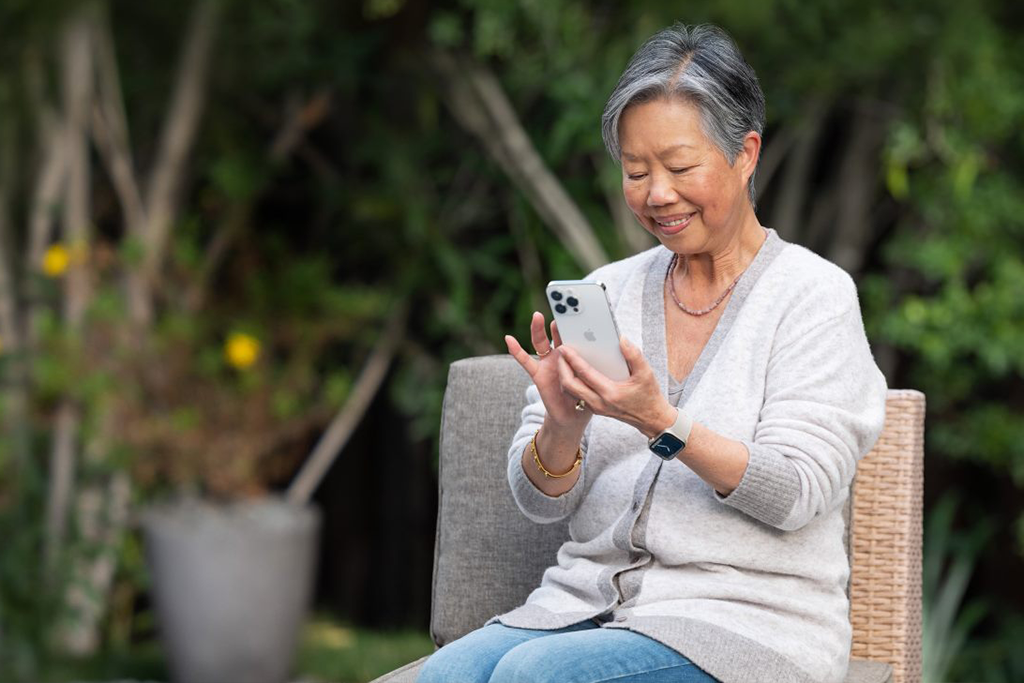Explore our end-to-end, full service clinical development capabilities including Therapeutics expertise, Development Planning, Phase I early clinical development, Phase IIb/III and Phase IV Trials, Regulatory Submission and Post-Launch Studies.
The conversation around Decentralized Trials (DCTs) usually focuses on the technology. Patients meet with investigators via telehealth and share data remotely using wearable devices, virtual questionnaires, and electronic outcomes assessments. However, there are still times in the trial when visits need a human touch, and this is where mobile nursing & phlebotomy units fill the gap.
Mobile nurses and phlebotomists enable a more personalized, patient-centric experience, ensuring study participants get all the one-on-one support they need from the comfort of their own homes. Often, this is a good fit for patients with caregivers or trials that have many required visits.
They also bring a unique set of qualifications to the team. Mobile nursing & phlebotomy units aren’t just conventional nurses dispatched into the field. They are specialized professionals trained to perform specific research activities in a home environment which makes clinical trials participation more attractive and strengthens patient engagement.
Mobile nurse and phlebotomy training is key to delivering a safe and effective DCT experience. Additionally, the goal is for the experience to be personable. This is accomplished by continuity of care- scheduling the same nurse or phlebotomist to the same patient over the course of the trial. However, because it is such a new role, many sites and sponsors are still uncertain about how mobile nurses and phlebotomists work, who is responsible for them, and how they are vetted and paid.
To clear up that confusion, IQVIA’s Research Nursing and Phlebotomy Solutions (RNPS) explored common myths about mobile nursing & phlebotomy, and the truth about how these teams work.
-
Sites lose control. Many sites fear that mobile nursing & phlebotomy teams provided by a Clinical Research Organization (CRO) will introduce unnecessary risk to patient care. They may be concerned about the nurse’s and phlebotomist’s training and credentials, what tasks they will fulfill, and who will oversee their performance.
These are all valid concerns addressed well before the trial begins. When IQVIA brings mobile nurses and phlebotomists to a trial, the scope of their role is clearly defined in the study protocol and informed consent. Investigators also have total authority over which nurses or phlebotomists work on their team. We provide each site with a nurse or phlebotomist credentialing packet that includes our candidates’ training certificates, resumes, and experience in the treatment category and patient care. Only nurses and phlebotomists approved by the investigator will be added to the trial team. - Home visits introduce safety risks. When sites are new to DCTs, they are often concerned about the safety of providing medical care in a patient’s home. To ensure the quality of care and the highest safety for the participant, our clinical research team carefully vets the parameters of every assigned home visit before approving it as part of the trial. If the required tasks do not meet strict safety and quality parameters, they will not be allowed.
-
Site-staffed nurses can handle these visits. It is not uncommon for sites to assume they can use their nurses or phlebotomists to cover mobile visits, but a home research visit requires more than a traditional nursing or phlebotomy skillset. Our mobile nursing & phlebotomy experts bring a unique set of qualifications to the job, including specific research and lab training to ensure they can correctly assess and administer IMP, as well as collect, process, and transport all the samples they collect.
IQVIA’s RNPS Project Management team also handles all relevant logistics, including precise timing of visits to align with the treatment, acquisition of additional materials, including infusion pumps or other equipment, dry ice and sample kits, and prompt delivery of samples to the lab. - Managing mobile nurses is a burden for the site. Investigators do not want the added time and trouble of training and managing an external team as part of the trial, so we minimize the oversight necessary to provide this trial component. IQVIA’s mobile nurses and phlebotomists are trained and managed by an IQVIA RNPS project manager, who helps them organize appointments, procure supplies, troubleshoot issues, and promote protocol compliance. This way, the only time a mobile nurse or phlebotomist contacts the site is to share patient data or report any safety concerns. It ensures patient care meets all the site’s quality standards with minimal disruption for the on-site team.
-
Sites lose revenues. When patients visit sites in traditional clinical trials, sites are generally paid per site visit. If mobile nurses conduct these visits, the site won’t receive that payment. However, sites are still paid for all the telehealth visits and other tasks they perform for these trials. And because DCTs allow sites to support patients who live further away, they can recruit and support a lot more participants per trial. Participants may also be more likely to complete the trial. Collectively sites could ultimately increase their revenue stream from adding mobile visits to clinical research.
DCTs have quickly become a permanent part of the trial environment, and that will often include the use of mobile nursing & phlebotomy teams. Adding these types of DCT components to your clinical trials allows for improved participant & site satisfaction and ensures a focus on care.
To learn more about IQVIA’s Research Nursing and Phlebotomy Solutions visit here.
Related solutions
Bring trials directly to patients to improve access and engagement, increase quality and shorten timelines.
The human touch in tech-enabled trials

























